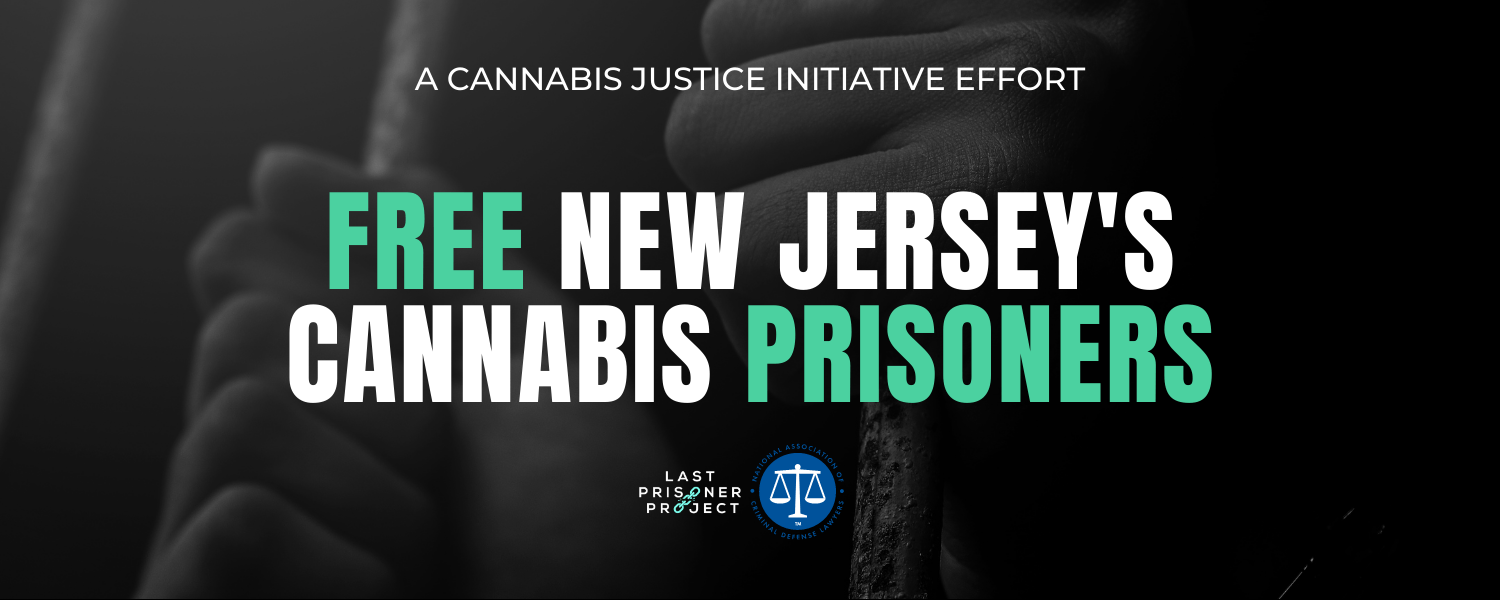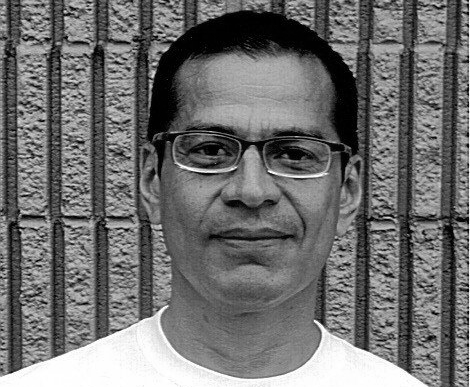LPP Leads Coalition Calling on New Jersey Governor Phil Murphy to Release the State's Cannabis Prisoners

On Monday January 10, Last Prisoner Project—together with a coalition of cannabis justice advocates—published an open letter to New Jersey Governor Phil Murphy urging him to grant categorical clemency to all individuals incarcerated in New Jersey state prisons for cannabis-related offenses.
The coalition, which includes organizations like the New Jersey Chapter of the NAACP, the New Jersey Cannabis Trade Association (NJCTA), rapper and Newark native Redman, the New Jersey Policy Perspective, and the New Jersey Harm Reduction Coalition (amongst many others) believes that people should not languish in state prison due to cannabis convictions while others profit from marijuana sales.
Given this visceral injustice, the urgency of COVID-19 and the harm that prolonged incarceration has on incarcerated people, their families, and our communities, the coalition is demanding Governor Murphy act now by using his power to grant executive clemency to those incarcerated for cannabis in New Jersey state prisons.
The New Jersey legislature legalized cannabis for medicinal use in 2010, and voters overwhelmingly passed adult use of marijuana a decade later. Now, the state of New Jersey is projected to bring in up to $173.5 million a year in tax revenue from the sale of legal cannabis. While the state has taken steps to allow for automatic expungement and limited resentencing, current efforts should be accelerated so that the cases of those who remain imprisoned for a cannabis-related crime in New Jersey are addressed before others begin to profit.
Governor Murphy
said himself that, “Our current marijuana prohibition laws have failed every test of social justice - maintaining the status quo that allows tens of thousands, disproportionately people of color, to be arrested in New Jersey each year for low-level drug offenses is unjust and indefensible.”
One of those people unjustly arrested is Humberto Ramierez. Just days after New Jersey legalized, Humberto was sentenced to 7 years in state prison for transporting 6 pounds of marijuana. Humberto, loving husband and devoted father, now sits behind bars…
We must call out the hypocrisy of incarcerating people for cannabis convictions while others are allowed to generate millions in profits.
You can read the coalition's letter to Governor Murphy in full
here.
And please make your voice part of our advocacy for Humberto and other people unjustly imprisoned for cannabis-related crimes by adding your name to our New Jersey Cannabis Clemency petition here.
Last Prisoner Project’s state cannabis clemency initiatives address the challenges associated with clemency grant distribution by working with Governors and other relevant state agencies to design clemency protocols, developing infrastructure to screen and process applications, and recruiting, training and supporting volunteer lawyers to represent clemency petitioners.






